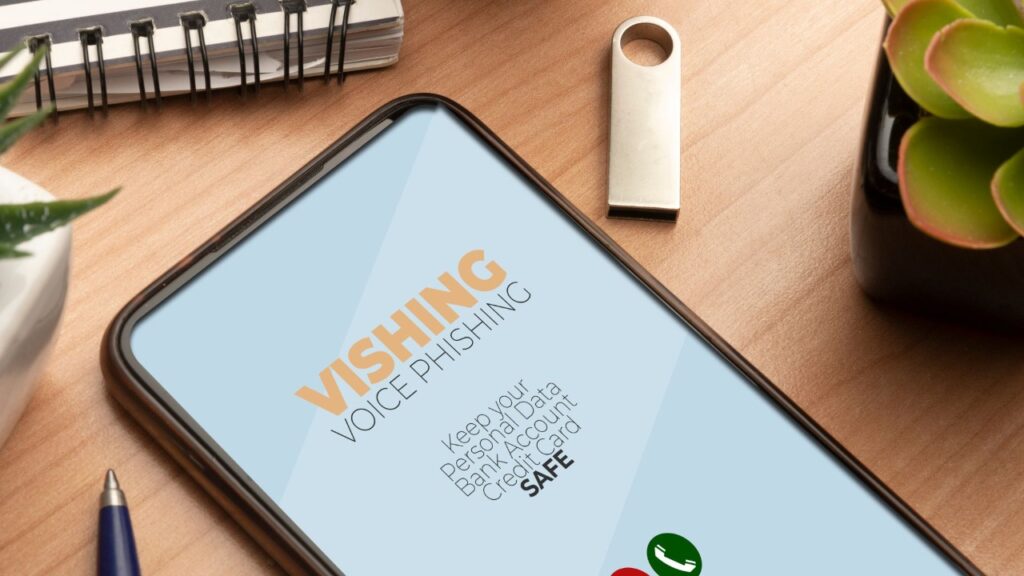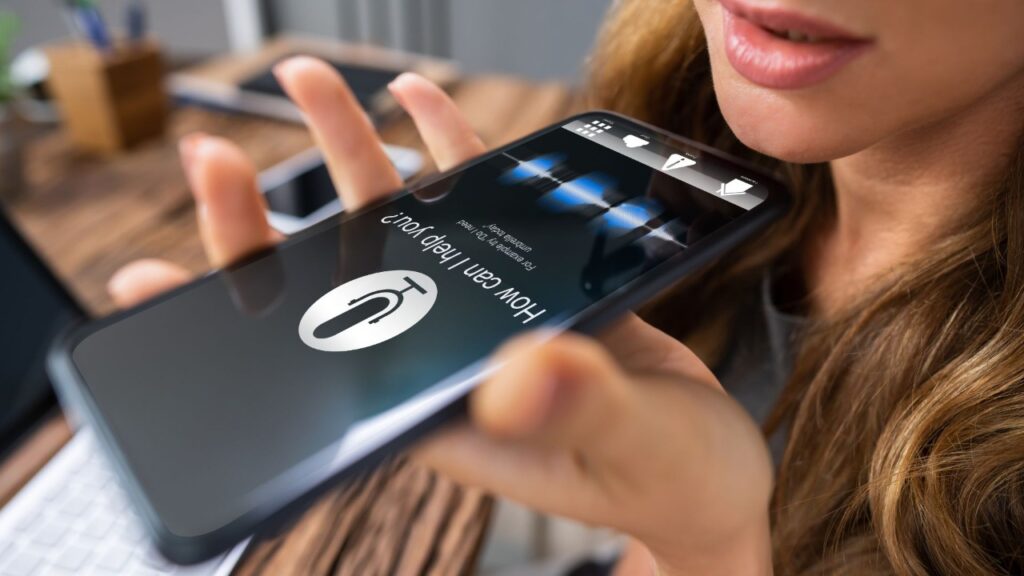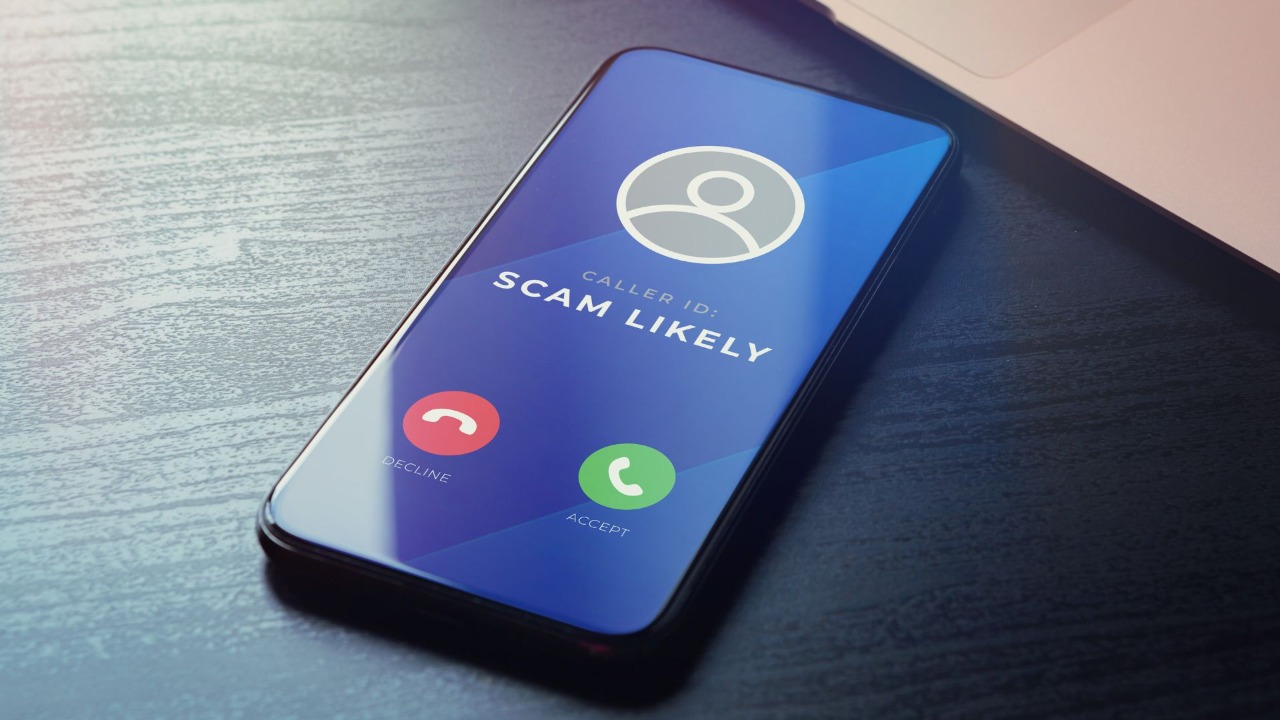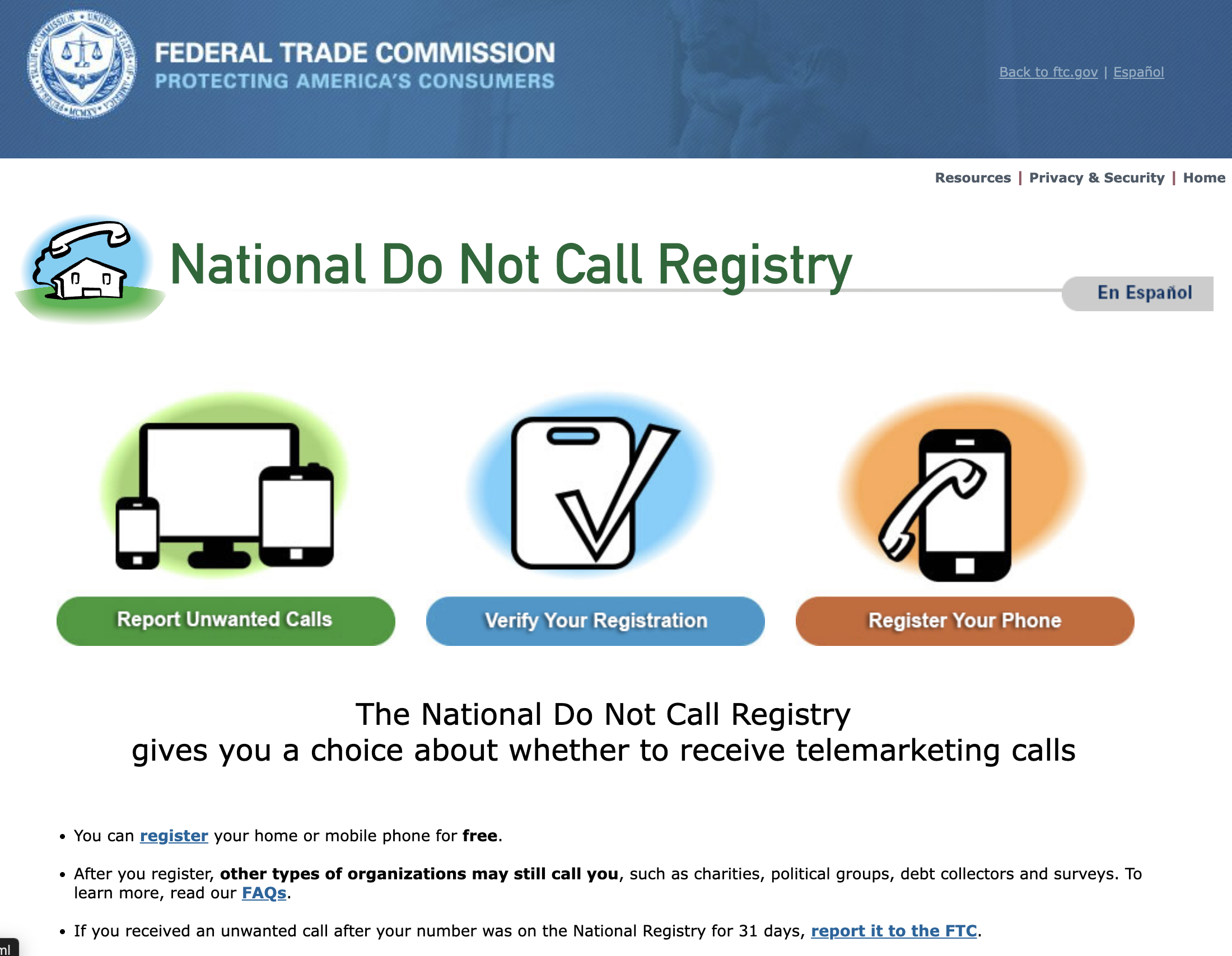What is Voice Phishing & How to Avoid Voice Phishing
Phishing, and more specifically, voice phishing (often called “vishing”), is a technique that criminals use to obtain personal and financial information through phone calls, emails, and other unsolicited messages. Scammers frequently use random phone numbers to contact individuals, attempting to trick them into disclosing sensitive personal or financial details.

For example, a scammer might impersonate a bank employee and claim that your account or credit card has been compromised, attempting to obtain your secret PIN under the pretense of resolving the issue. Voice phishing has become increasingly prevalent over the years.
Between 2012 and 2016, a group of voice phishers succeeded in stealing hundreds of millions of dollars and sensitive data from more than 50,000 victims by posing as IRS and immigration officials on the phone.
You could be the next target of an evolving wave of voice phishing attacks. Therefore, it is essential to be prepared. The following tips and guidelines will help you effectively avoid falling victim to voice phishing.
How to Protect Yourself from Phishing
Taking proactive precautions can significantly reduce your risk of being targeted by phishing scams. While scammers continuously develop new methods, adhering to the following best practices will greatly enhance your protection.
1. Don’t Engage with Unknown Callers or Automated Messages
Consider these fundamental tips when handling incoming calls:
- If you receive a call from an unfamiliar number, do not answer. Allow it to go to voicemail and review the message before deciding whether to call back. Be aware that spoofing of caller ID and phone numbers is common, giving a false impression of security.
- If you answer an unexpected or suspicious call, hang up immediately and add the number to your block list.
- Never return calls to unknown numbers. Instead, use official resources—such as your card provider’s website or trusted service directories—to verify and contact organizations directly.
2. Slow Down and Think Before Acting

It is natural to trust someone who seems authoritative and knowledgeable. Many people do not pause to question a caller who knows personal details or appears to be from a trusted organization. However, taking a moment to reconsider such interactions is crucial.
If you have any hesitation about the legitimacy of a call, disconnect immediately. Search for the organization’s official contact number and call them directly to verify the situation. Many banks publish lists of common scam numbers, so staying informed can help you recognize potential threats.
3. Do Not Respond to Automated Prompts
Avoid interacting with calls that use automated messages—do not press buttons or answer any prompts. For example, you may be asked to “press two” to remove yourself from a list or say “yes” to speak with someone. Scammers use these tactics to identify responsive targets and may even record your responses for use in future scams or to exploit voice-activated systems.
4. Protect Your Passwords and Login Credentials
Cybercriminals use vishing to gather sensitive data, including debit card and bank account details, login information, passwords, or Social Security numbers. They may exploit emotions—expressing urgency, appealing to sympathy, or enticing you with exclusive offers—to trick you into divulging information.
Always remember: banks and financial institutions will never request passwords, PINs, CVVs, or one-time passwords (OTPs) by phone. Keep this data strictly confidential, and remain skeptical of any call or message requesting such information. If you are repeatedly asked for personal information by phone, you may be a target of phishing.
5. Utilize a Caller ID App

Both Google and Apple continue to improve their caller ID systems. However, spam calls and spoofed numbers often bypass basic features, as modern VoIP technology allows scammers to fabricate phone numbers.
Quality caller ID apps, such as Truecaller, help users identify and block telemarketing or fraudulent numbers. With over 500 million downloads and two billion monthly users, Truecaller worldwide aids in filtering both legitimate and known spam numbers. Users can also report suspicious calls directly through the app to strengthen community awareness and protection.
6. Ask Direct and Relevant Questions
If a caller offers rewards, prizes, or sales, request official identification and verifiable company details. If the caller refuses or provides vague answers, end the call and block the number. Ensure the information you receive is trustworthy before sharing any personal details.
Confidence is important—remain composed and inquisitive, even if you feel uncertain. It is your right to question any unsolicited call and verify its legitimacy. Review all details carefully before responding.
7. Register Your Number with the Do Not Call Registry
Adding your phone number to the free Do Not Call Registry lets telemarketers know you do not wish to receive unsolicited calls. Most reputable companies respect this registry, so calls from telemarketers to registered numbers are likely to be scams. The FTC provides a free website for you to add your home or mobile number.

8. Never Give Remote Computer Access
Some scammers will claim to be IT staff and request remote access to your computer under false pretenses, such as removing malware. Never allow anyone access to your device unless you have independently verified their identity through official channels.
9. Report Suspicious Incidents
Vishers often target multiple victims with similar tactics. If you suspect that you or your organization are being targeted, report the incident immediately to the appropriate authorities or your organization’s security team.
10. Remain Wary of Unexpected Calls
As remote work increases, more individuals receive unfamiliar calls. Always approach unsolicited calls with caution, and ensure everyone in your organization can recognize signs of vishing and knows the steps to take if approached by scammers.
11. Recognize and Resist Fear Tactics

Scammers often use urgency and fear to pressure victims into making quick decisions. Legitimate organizations remain professional and composed, even during crises or investigations. If you experience high-pressure tactics or threats during a call, disconnect and contact the organization directly using an official number to report the incident.
12. Independently Verify Requests for Sensitive Information
Never share any personal information—including your name, date of birth, or account details—with an unexpected caller. If someone requests sensitive information for “verification purposes,” independently contact the organization using a trusted phone number to confirm the request’s legitimacy.





